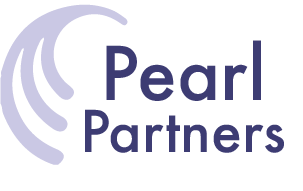The current best practices for launching start-ups and new products are not achieving our intended goals. Since 1994, the failure rate for start-up companies has not changed, as shown by data from the Bureau of Labor Statistics in the US.

It’s a similar story for new product launches in existing companies. The typically stated number is that 70%-90% of new products fail. (One study states that only 40% fail, but it measured failure after a full year in market. So even when products survive a year, approximately 40% of those fail soon after.)
Interestingly, in the same 27 years we’ve seen the emergence of many new processes intended to improve the rate of success. The most popular include:
- Re-Engineering
- Design Thinking
- Lean Start-Up
- 10 Faces of Innovation
- Business Model Innovation
- Agile Development
- Organizational Design and Alignment
- numerous innovation management tools, etc.
The list goes on and on. Yet the failure rate is stubbornly unchanged.
It’s not that any of these tools are bad. In fact, they can all be very good. But it’s clear that adding more tools on their own is not working. This should be our signal to step back, focus less on executing any specific process, and really think about what we need to achieve in the first place.
We need to rediscover the uniquely human ability to use insight to guide us.
Insight is defined as developing a deep understanding of the inner nature of actions, thoughts and behaviors. I’ve been privileged over the last 20 years to work with great colleagues and clients to hone the use of insight to derive what motivates people to behave the way they do, and then use it to anticipate the market reaction to new ideas.
No single process should be expected to solve the unique issues each challenge presents.
Instead, we can use foundational insights to serve as a North Star to guide us to tailor tools and processes to our unique needs. Sadly, the value of developing the skills to establish and use insight remains largely unrecognized for the tremendous value it can provide.
To that end, I’m introducing this newsletter to explore insight; what it is, how we develop it, how to use it, and why it’s all too often neglected.
I’m curious to hear your experiences with insight. Have you ever gleaned an insight that made you think differently about the entire approach to a challenge you are facing? What was it like? How did it affect others you were working with?
Subscribe to this newsletter if you’re interested in diving into the topic of insight and how it can help us to be more effective.

